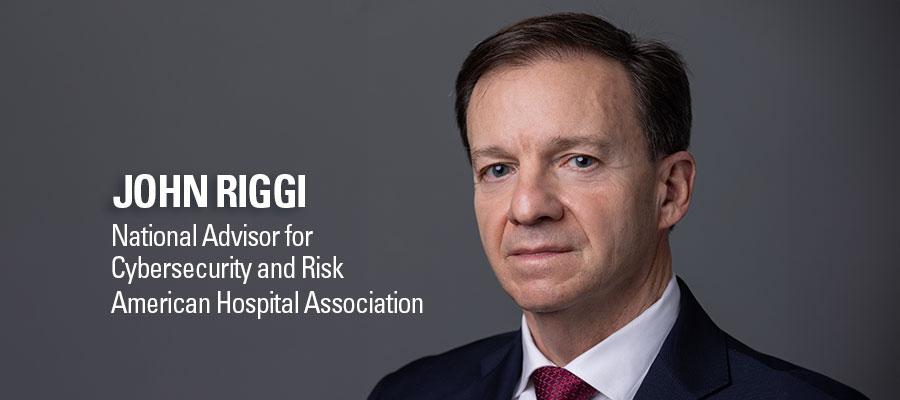AHA participates in health care cybersecurity summit

John Riggi, AHA’s national advisor for cybersecurity and risk, participated July 18 as the opening keynote speaker in the Information Security Media Group’s Healthcare Cybersecurity Summit in New York City to discuss emerging threats, defense measures and other cybersecurity issues within the health care sector. The event included sessions about threat detection using artificial intelligence, incident response strategies and regulatory compliance.
"Cyber adversaries, often supported by hostile nation-states, continue to attack health care at a record pace," Riggi said. "Ransomware attacks targeting hospitals and mission-critical third parties disrupt patient care and pose a risk to patient safety. It has become clear that as a sector, we must not only be prepared to collectively defend against these attacks, but also be prepared for the impact — maintaining business and clinical continuity without technology for 30 days or longer."
For more information on this or other cyber and risk issues, contact Riggi at jriggi@aha.org. For the latest cyber and risk resources and threat intelligence, visit aha.org/cybersecurity.

